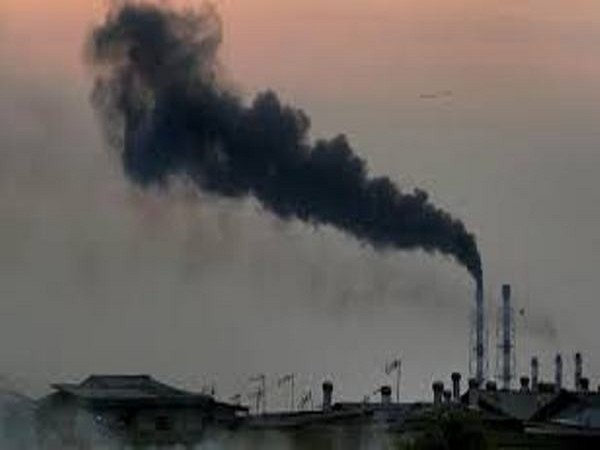The Methane Challenge: A Global Warming Threat
Rising methane emissions threaten global warming goals, with nearly 160 countries committing to a 30% reduction by decade's end. Methane is a potent greenhouse gas, more impactful than CO2 over short periods. Key sources include agriculture, fossil fuels, and natural environments, necessitating urgent global action.

In a critical move against climate change, fast-rising methane emissions are prompting scientists and policymakers to call for stronger measures to combat this potent greenhouse gas. With its heat-trapping power surpassing that of carbon dioxide, methane poses a significant threat to global warming mitigation efforts.
Data from the 2024 Global Methane Budget report suggests that methane levels are increasing at unprecedented rates, primarily due to human activities such as agriculture and fossil fuel extraction. Nearly 160 nations have pledged a 30% reduction in methane emissions by 2030 to counteract this upward trend.
Experts highlight that while carbon dioxide remains in the atmosphere for centuries, methane's shorter atmospheric lifespan makes it a more immediate target for climate action. By focusing on major emission sources like the oil and gas sector, alongside monitoring natural emissions from permafrost and wetlands, tackling methane emissions could amplify climate benefits more effectively.
(With inputs from agencies.)
ALSO READ
Rising Temperatures, Rising Risks: Climate Change's Toll on Health
3F Oil Palm Partners with Karnataka for Sustainable Agriculture
Valencia Devastated by Lethal Flash Floods Amid Climate Change Warnings
Devastating Floods in Spain: A Stark Reminder of Climate Change
Asia-Pacific Region Faces Massive GDP Loss Due to Climate Change by 2070










